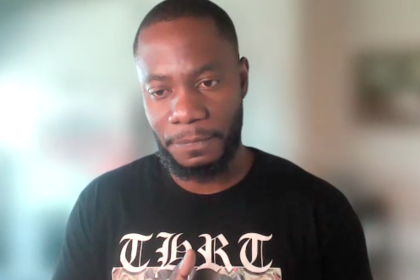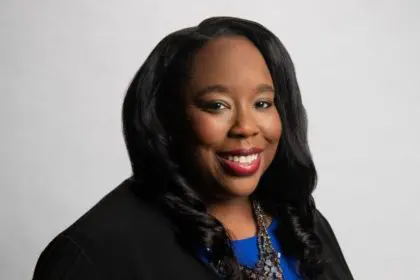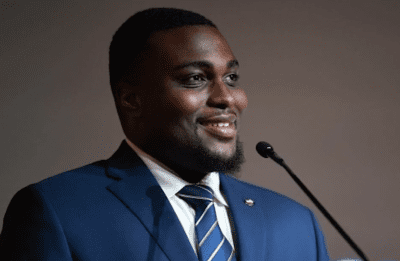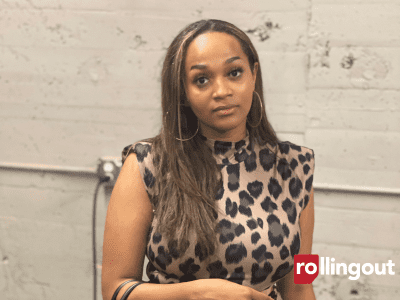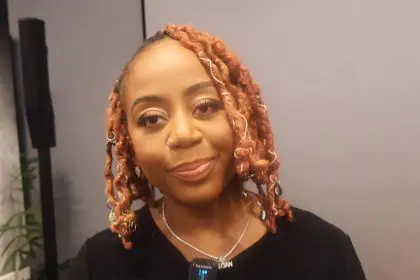
Stacey Wallen is an accomplished speech-language pathologist who has worked in her profession for 17 years. She graduated with a bachelor’s degree in English from Oakwood University and received her master’s and doctorate degrees from The Ohio State University. Wallen works with children on speech and language disorders and serves as a clinical associate professor at Georgia State University.
Wallen shared with rolling out why planning for your future is imperative and how she manages to stay on top of her game, both in the communication sciences field and as a stellar professor.
What is the ‘art of communication’ to you? How has your communication style “factored” into your success?
As a person whose specialty is communication disorders, one of my goals is to make sure I do everything that I can to ensure that communication breakdowns are avoided. The best communication exists when communication partners are able to listen and speak effectively. I try my best to let those with whom I communicate know that I value and am open to what they have to say. I think this approach has helped me communicate with clients, caregivers, and other professionals more effectively and created a great working relationship that has helped clients reach their goals.
Finish this sentence: Being agile and having the ability to adapt has …
…to be paired with preparation and planning. However, your plan shouldn’t make you rigid and inflexible. Life is full of opportunities masked as “changes” to your plan. You have to be willing to move “off course” and try something different. Being able to adapt to changes in life is a skill that can only be learned through experience, so don’t freak out [if] things don’t go as planned.
Finish this sentence: Being able to multi-task has allowed me to…
…take on different roles in my life: wife, mother, sister, daughter, speech-language pathologist, student, professor, friend, etc. Multitasking is so much of what I do on a daily basis that sometimes I forget how many balls I’m juggling until I drop one of them. Being able to balance all of the roles I play can sometimes be difficult, but when I realize that I am so much more than what my role [is], I tend to figure out how to make sure that I don’t become consumed by it all.
Please describe your professional achievements. What pinnacles of success have you reached?
I believe that there are many paths to the same destination. If you work hard and follow the path that works for you, success will follow…
I was introduced to the field of communication sciences and disorders (CSD) by a church member when I was a freshman in college. Because my college didn’t have a CSD program (and a master’s degree was the minimum requirement for licensure), I set up a plan: Instead of transferring to a school with the CSD undergraduate major, I would get my degree in English in three years so that I could spend a year completing prerequisites. Once I’d completed the prerequisites, I’d apply to graduate programs. For me, this process was the first step in creating the life that I wanted.
I got into the Speech-Language Pathology program at The Ohio State University (OSU) and received my master’s degree in 1997. Getting my Ph.D. in Speech and Hearing Science from OSU was another step in the process of creating the life that I wanted. I enjoyed clinical work, but also had research interests. I began my doctoral program, then took a break to work in the field and have children. I worked full-time as an SLP and had three children while earning my Ph.D.
During my 17 years working as a speech-language pathologist (SLP), I’ve worked in various clinical settings (including the schools, home health, and private practice) and worked with various professionals. I pride myself in providing services to those who may not have access to quality care. It’s my passion. I hope that I somehow pass that passion on to the graduate students I teach.
Finish the sentence: Learning to let go of trying to be perfect has helped me…
…enjoy life. You can’t enjoy yourself when you’re worried about being perfect or trying to live up to someone else’s expectation.
You’re obviously passionate about what you do. Finish this sentence, “Without passion…”
…one feels trapped. And a “trapped” person is dead to the possibilities that life holds [and] has no desire to try new things, reach out to others and form relationships, [or] make mistakes. They are stuck and miserable.
How did/does mentoring factor in your career and/or personal life?
Mentoring has been a constant in my life. Whether it was my favorite teacher in elementary school, the church member that introduced me to my career, or the colleague who helped me navigate the responsibilities of a specific position, I have always valued the experience of others. As my roles have changed throughout my career, I’ve found that having guidance from people in different fields/backgrounds provides a more “well-rounded” perspective for me and allows me to better relate to people, in general. I’ve also found that many of my mentor/mentee relationships formed informally and provided me with support in different ways throughout my career.





